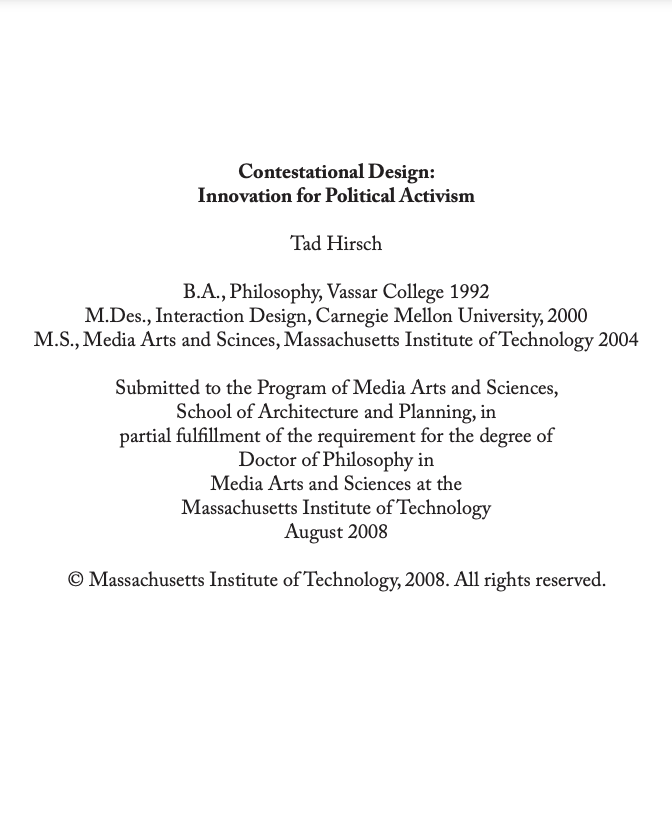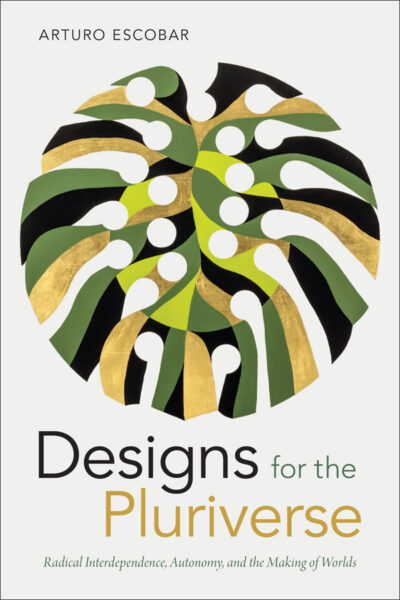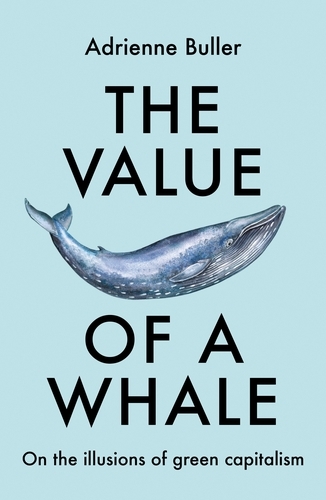Tad Hirsch
“Even when it engages social issues, design tends to position itself outside of political conflicts. Some advocates, for instance, posit designers as mediators who strive to build consensus among competing stakeholders through participatory practices. Others describe a practice that serves “the public good”, implying a universal design that ultimately benefits all social actors. In contrast, the contestational design perspective does not attempt to “resolve” social conflicts as much as to create tools (weapons?) that enable partisan players to prevail in ongoing social struggles. Inherent in this formulation is the assumption of opposition, often in the form of more powerful, better equipped state actors. This has significant impacts on design processes, highlighting trust and security issues and pushing design teams towards tactical and technical innovation. Facing opposition also heightens one’s sense of urgency and fosters feelings of solidarity. Designing in this context embraces strong forms of partisanship that challenge traditional approaches to design pedagogy. Partisanship liberates designers from the constraints to objectivity and neutrality. Partisan designers are expected to engage in critical issues of the day, to hold and act on deeply-held
political conviction. In short, designers are construed as citizens rather than mere technicians.”
https://tirl.org/pc/readings/hirsch–contestational-design.pdf




